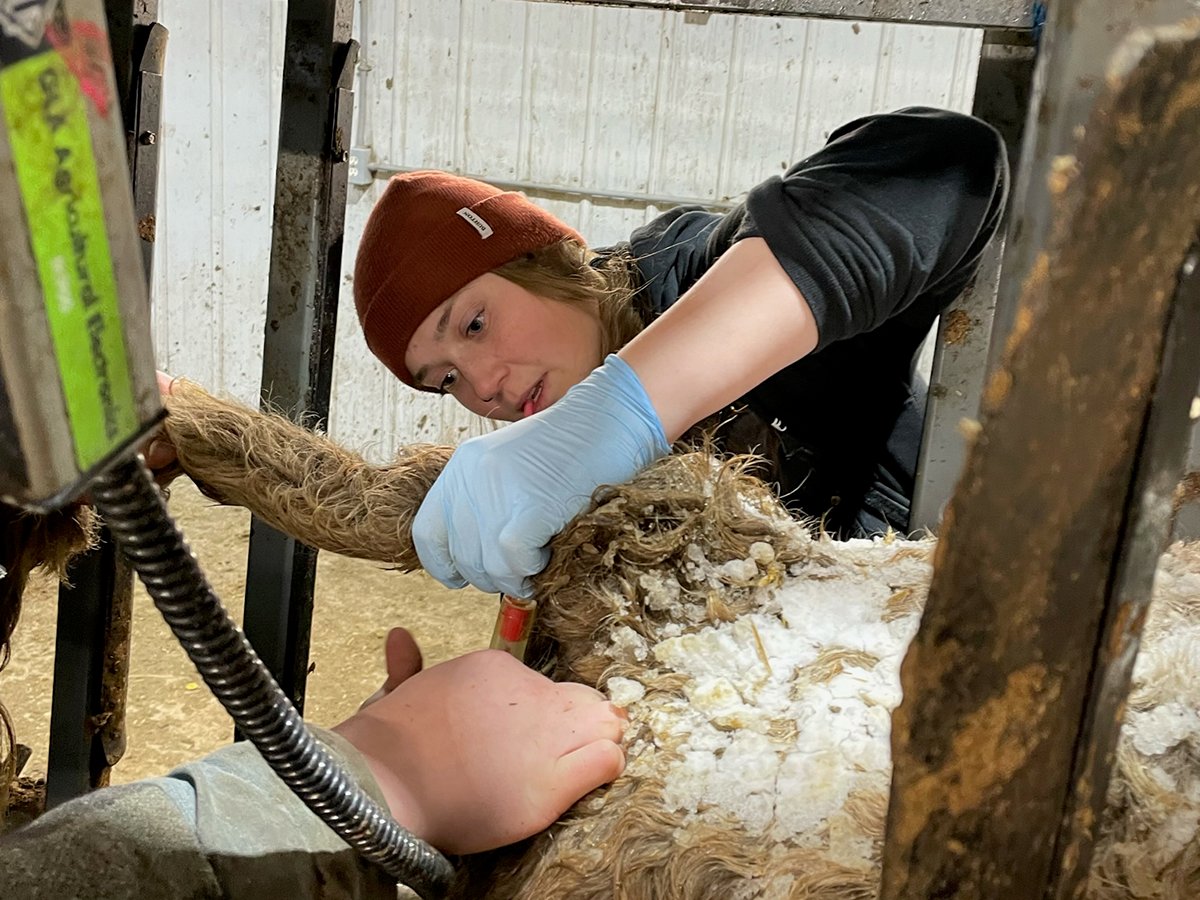OTTAWA — The World Trade Organization is expected to release its fourth ruling on the U.S. country-of- origin labelling law May 18.
It is anticipated that this most recent challenge of COOL will be in Canada’s favour, giving it the right to apply for retaliatory tariffs against U.S. imports on everything from meat to mattresses.
“Our view is after May 18 we need to increase the message to make the issue seem as real and imminent as possible,” John Masswohl of the Canadian Cattlemen’s Association said during the organization’s annual meeting, which was held in Ottawa March 10-12.
Read Also

Pen riders better than tech at detecting respiratory disease in feedlot cattle, says researcher
Katrina Garneau’s recent research found that pen riders are better than technology at flagging signs of BRD in feedlot cattle.
Dennis Laycraft, CCA’s executive vice-president, said Canada must demonstrate to the WTO how COOL affected trade using documentation of financial damage to the red meat industry.
“At the end of the day, the arbitration process will sift through all of the facts and decide on the number,” he said.
“Once we have that number, this is the basis we are going to apply retaliatory duties.”
The beef and pork sectors have said they have suffered $1.1 billion in losses, but an arbitration committee must examine the evidence before permitting the full extent of the tariffs.
The tariffs would stay in place until the issue was resolved, even if the U.S. appealed them. Masswohl said this could take another two years.
The chair of the U.S. Senate’s agriculture committee suggested a North American label last year, but it was not feasible because it left no opportunity for processors to voluntarily label domestic meats as product of the U.S.
COOL laws went into effect in 2008. Canada and Mexico challenged it three times at the WTO, which ruled it discriminated against imported cattle and hogs. Labels must include where the animals were born, raised and slaughtered.
The law covers most imported commodities, including fish, produce and meat sold at large retail outlets.















